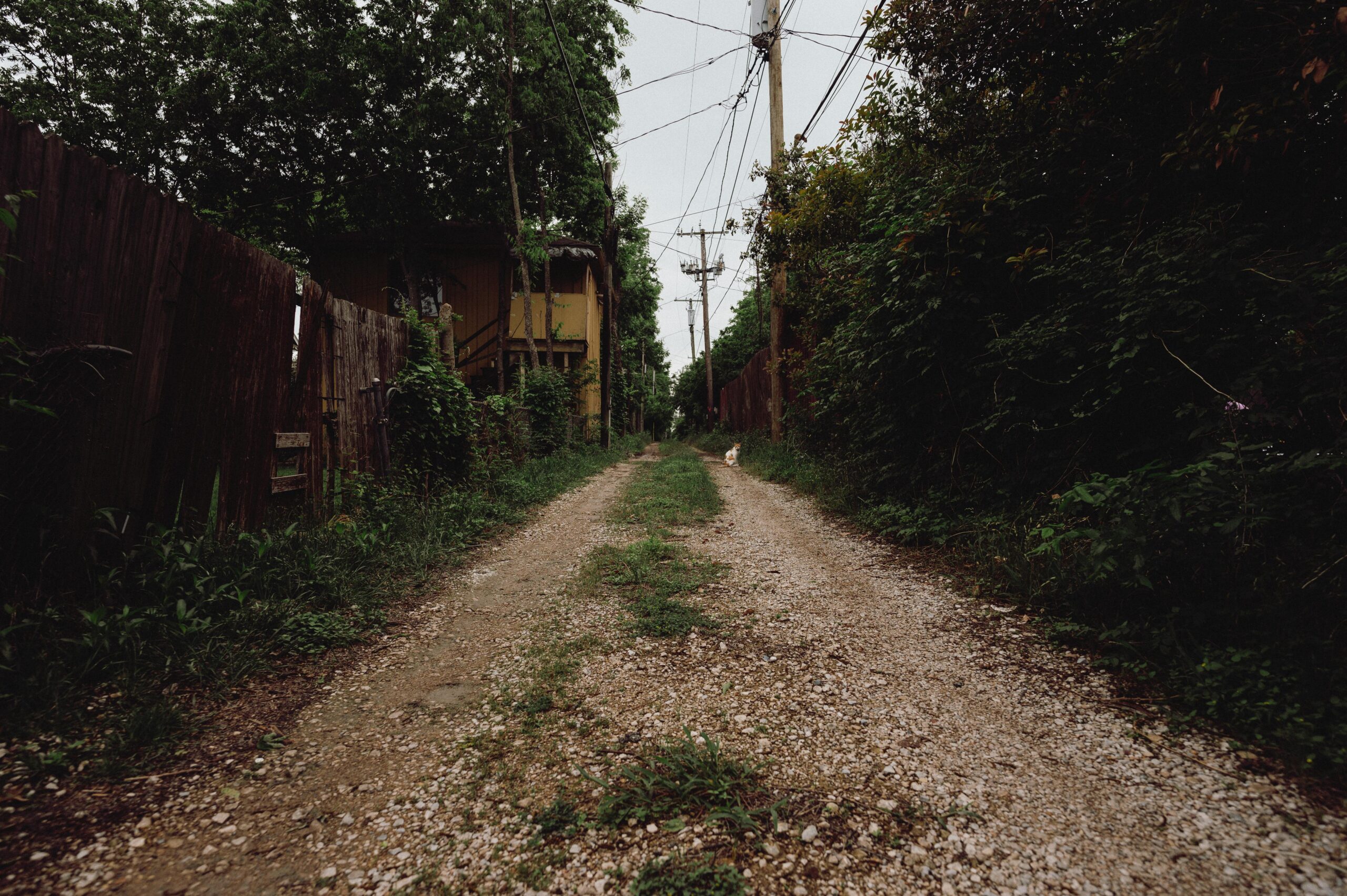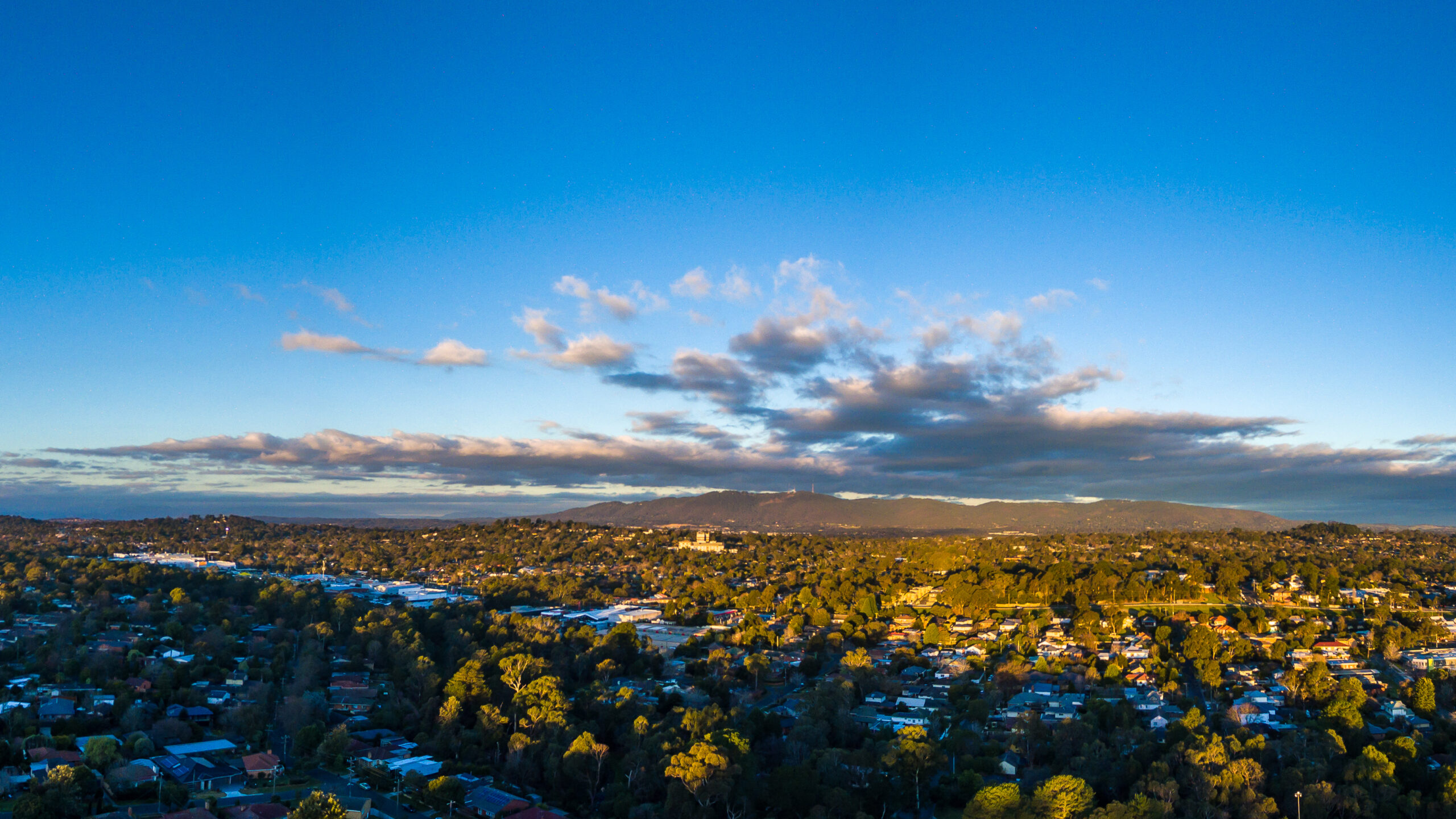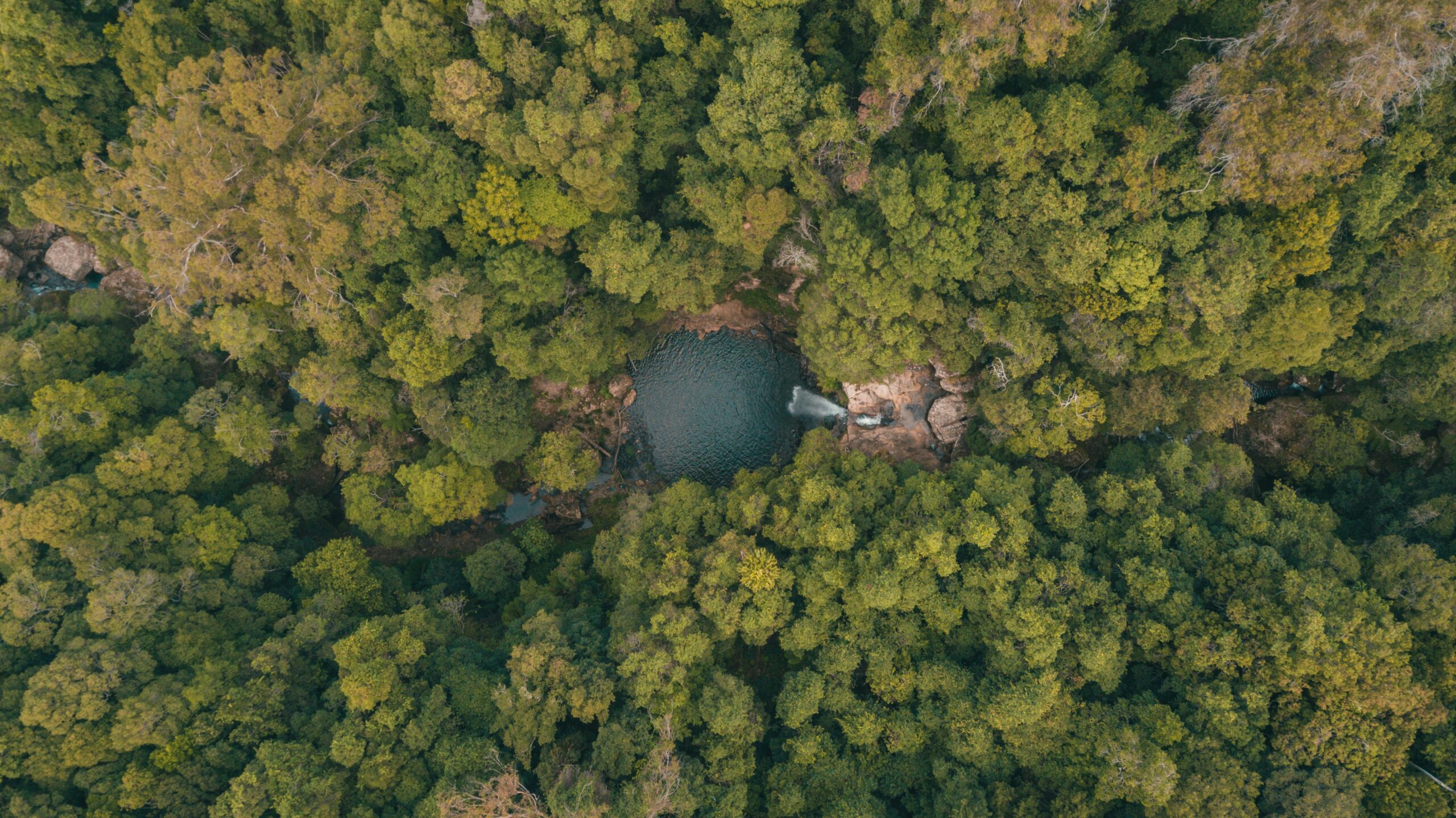Cape York unsealed roads cost-benefit analysis
We completed a cost-benefit and input-output analysis for Cook Shire, showing how improved unsealed road management can reduce sediment impacts on the Great Barrier Reef while boosting regional economic outcomes.

Unsealed roads in Queensland’s Cook Shire are at significant risk of erosion, leading to road damage and contributing excess sediment to the Great Barrier Reef (GBR), harming this World Heritage-listed ecosystem. NCC was engaged to conduct a cost-benefit analysis (CBA) to evaluate alternative road management approaches compared to the business-as-usual scenario, considering the broader environmental impacts of sediment loads.
The analysis focused on two Cape York roads — Oaky Creek Road and Percy Road — and assessed erosion control measures. The environmental impact on the GBR was quantified using an avoided cost method, calculating the cost of mitigating fine sediment loads under alternative approaches, based on regional data for similar projects.
Additionally, an input-output (IO) analysis estimated the direct and indirect impacts of various scenarios on employment and Gross Regional Product (GRP) within Cook Shire. The findings provided valuable insights into the economic viability of alternative road management strategies, and demonstrated that the benefits of improved management approaches, including sealing the roads, would outweigh the costs.


